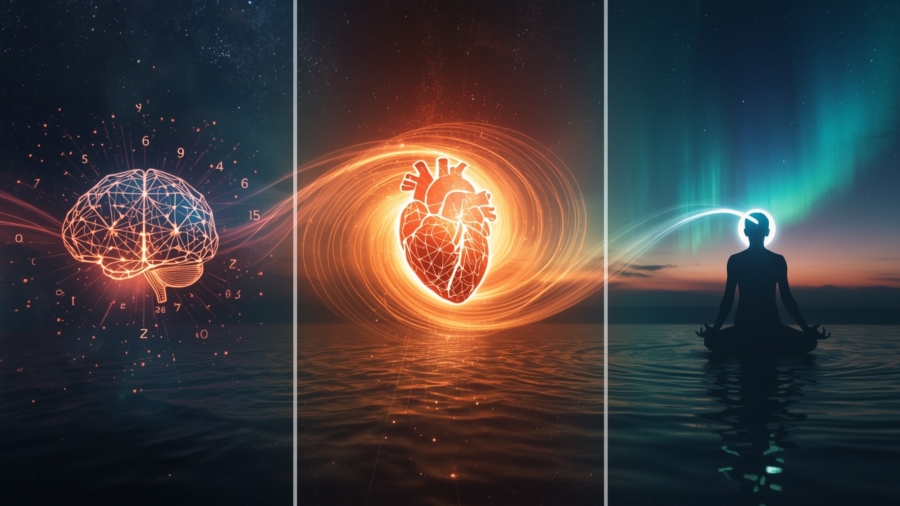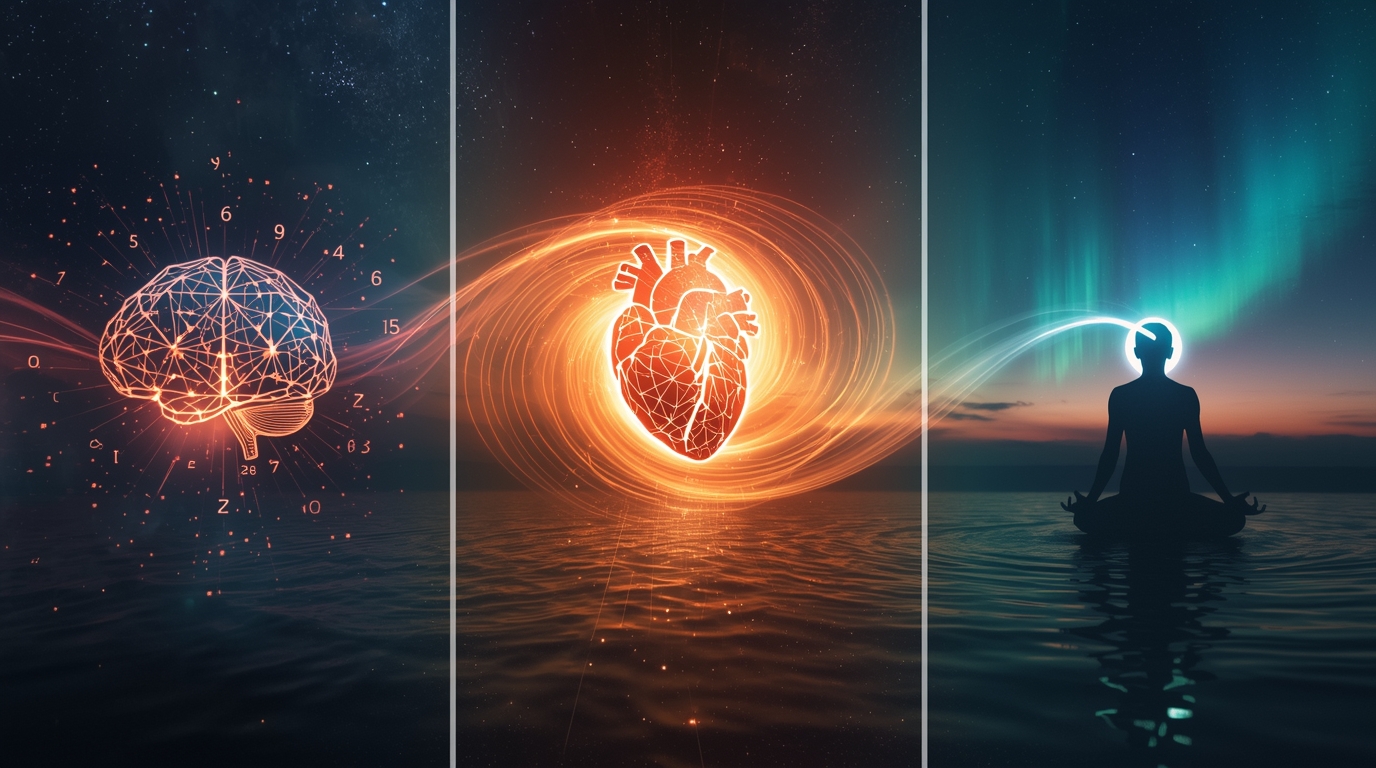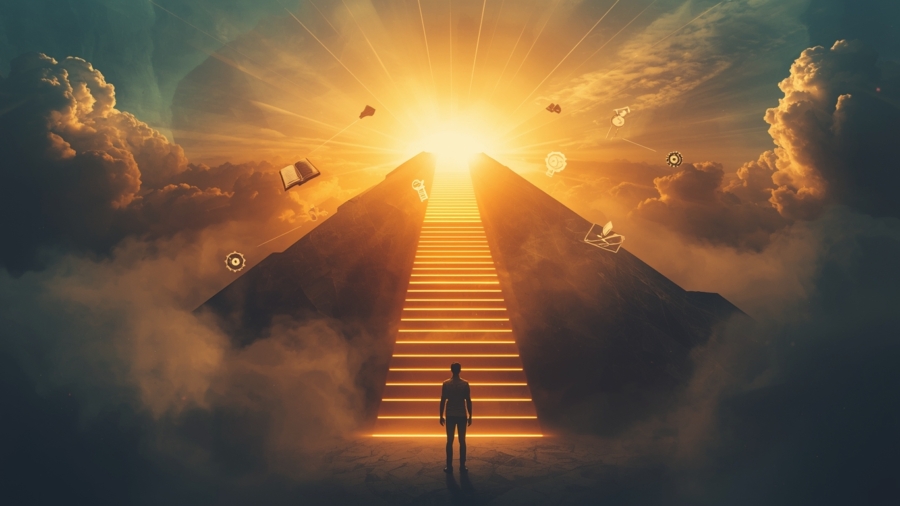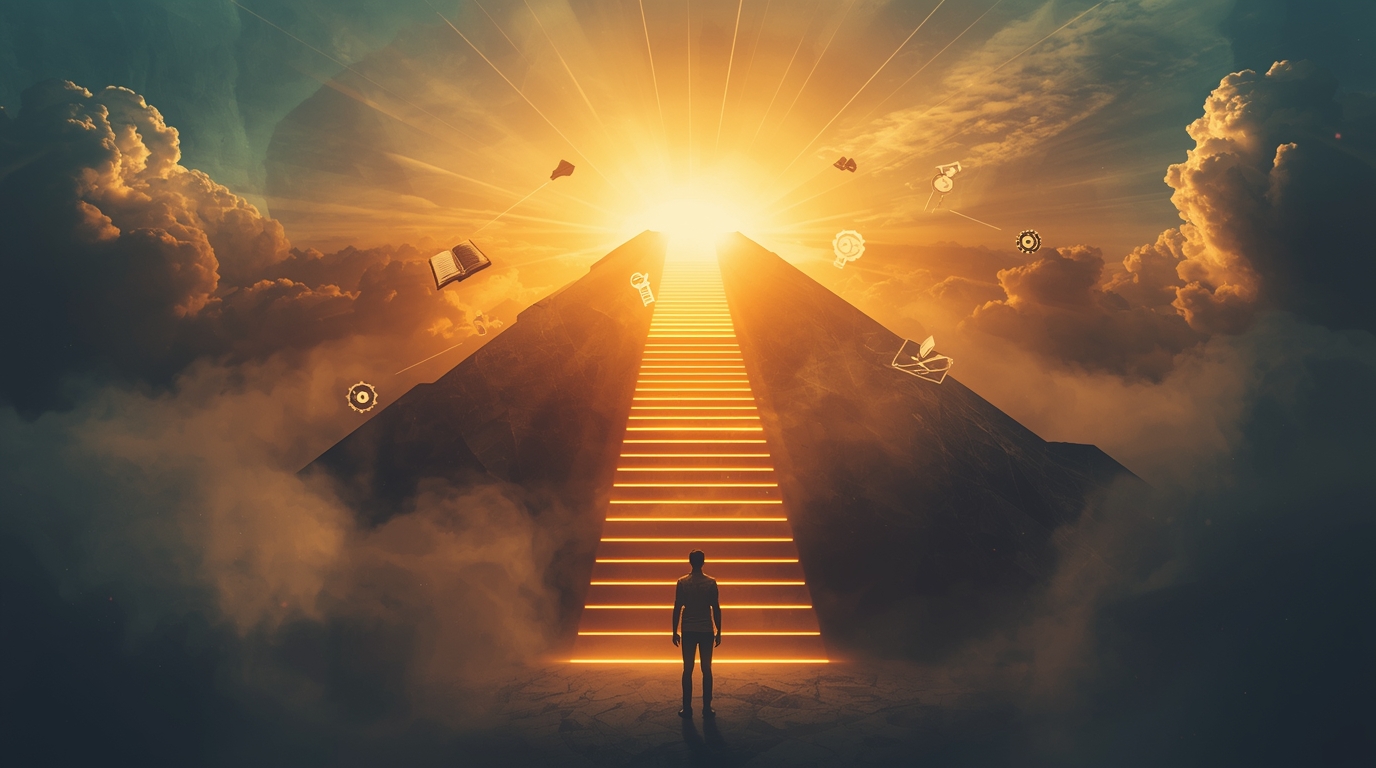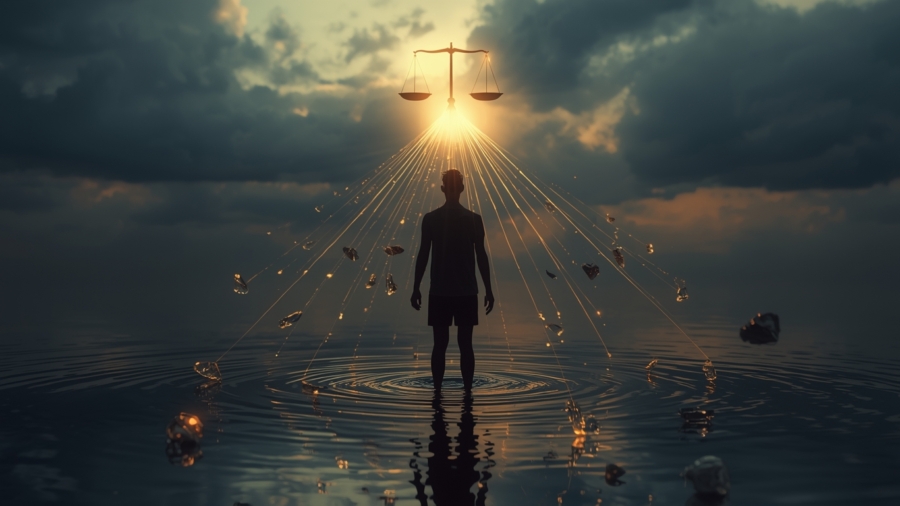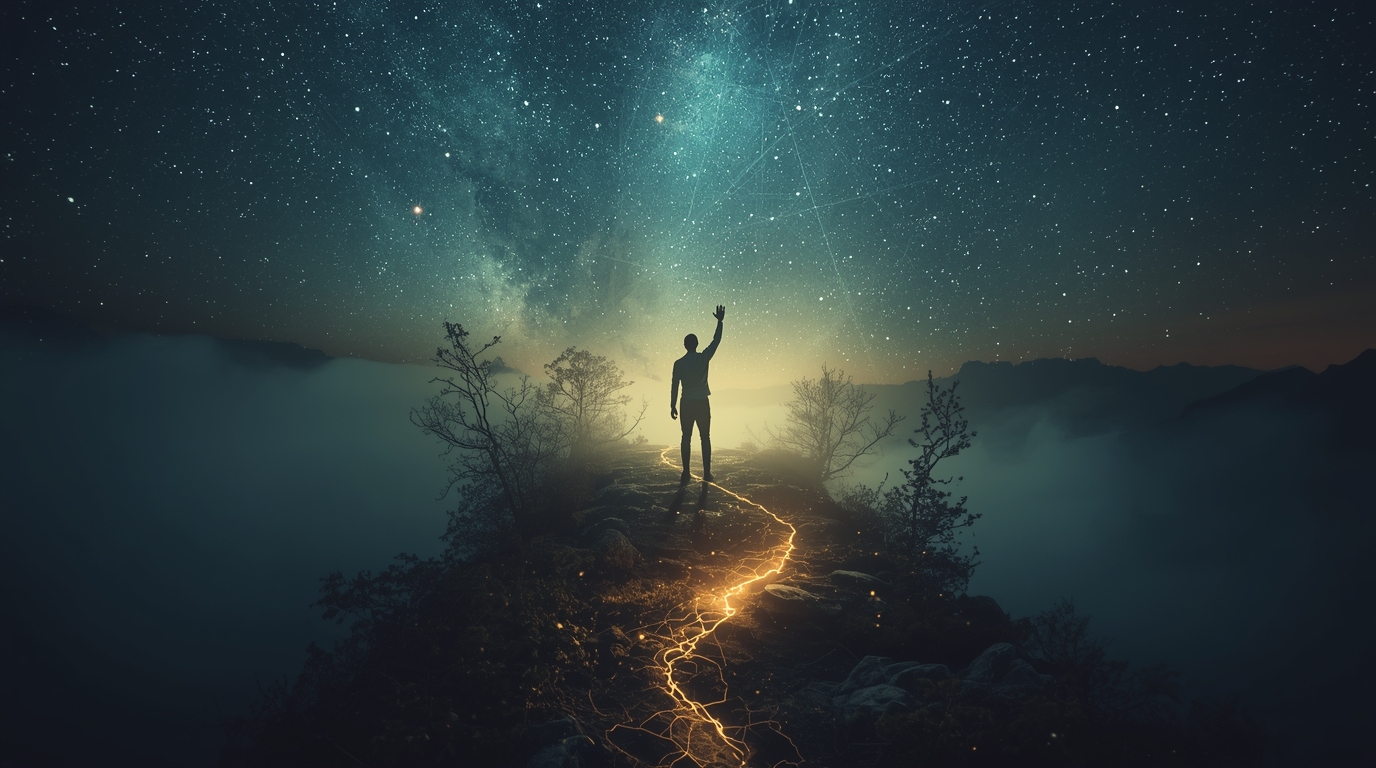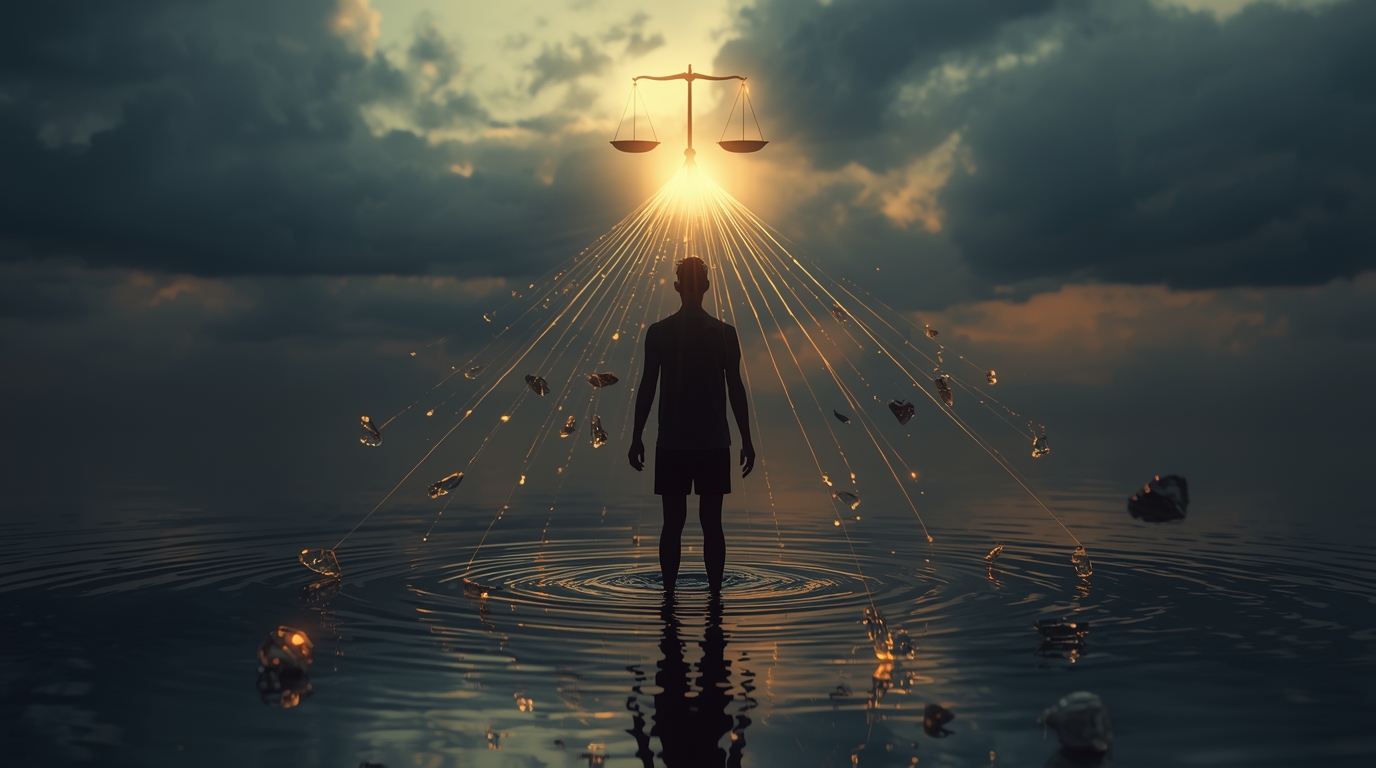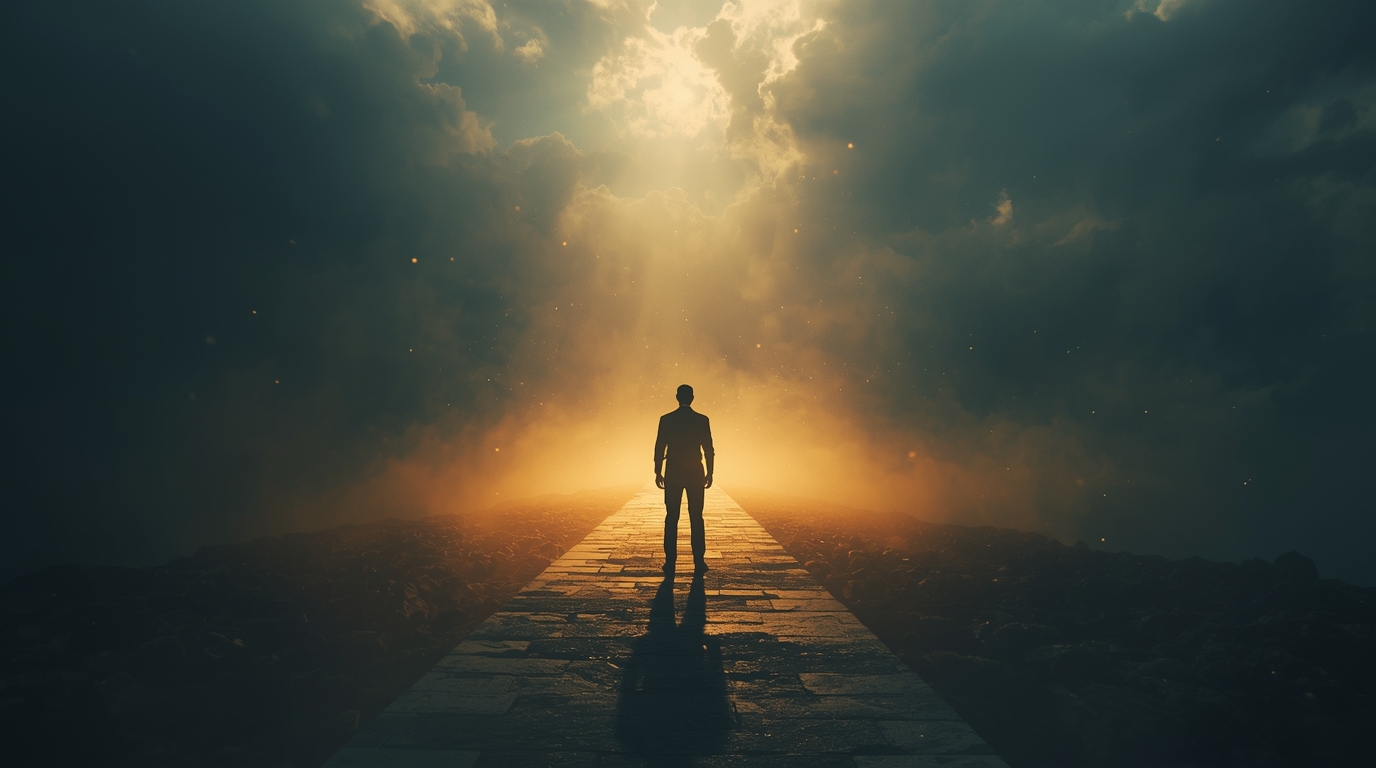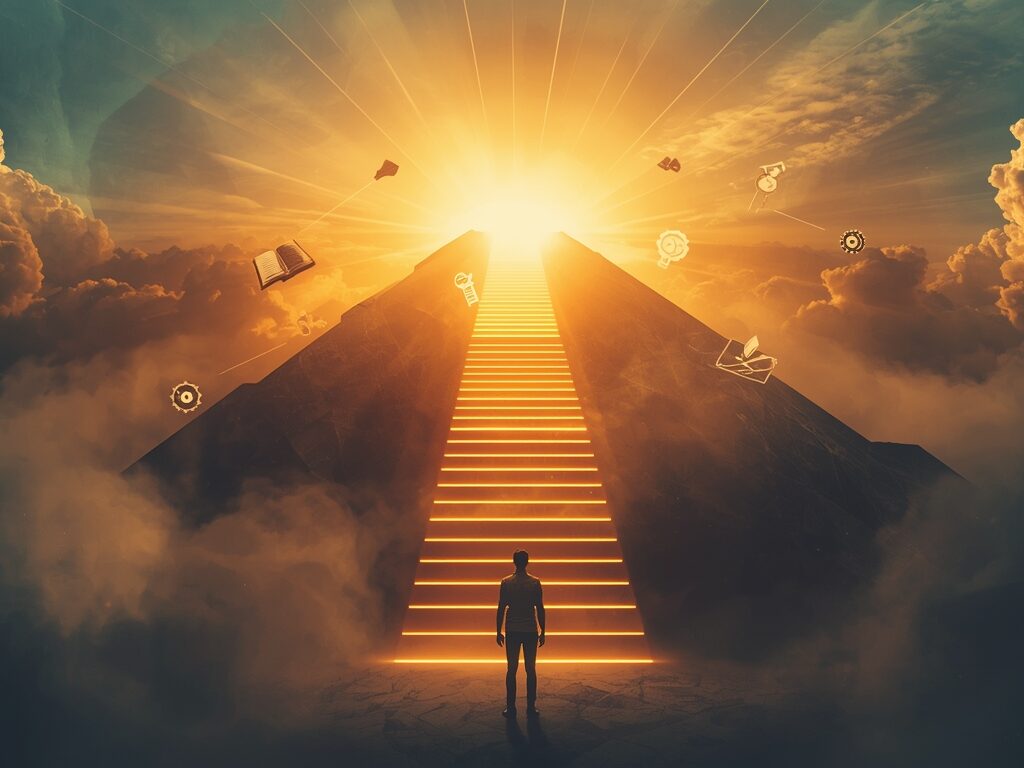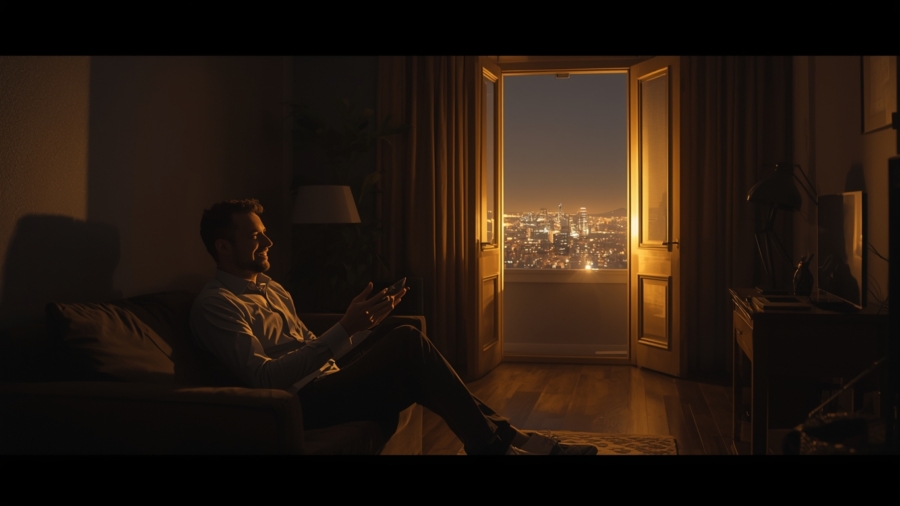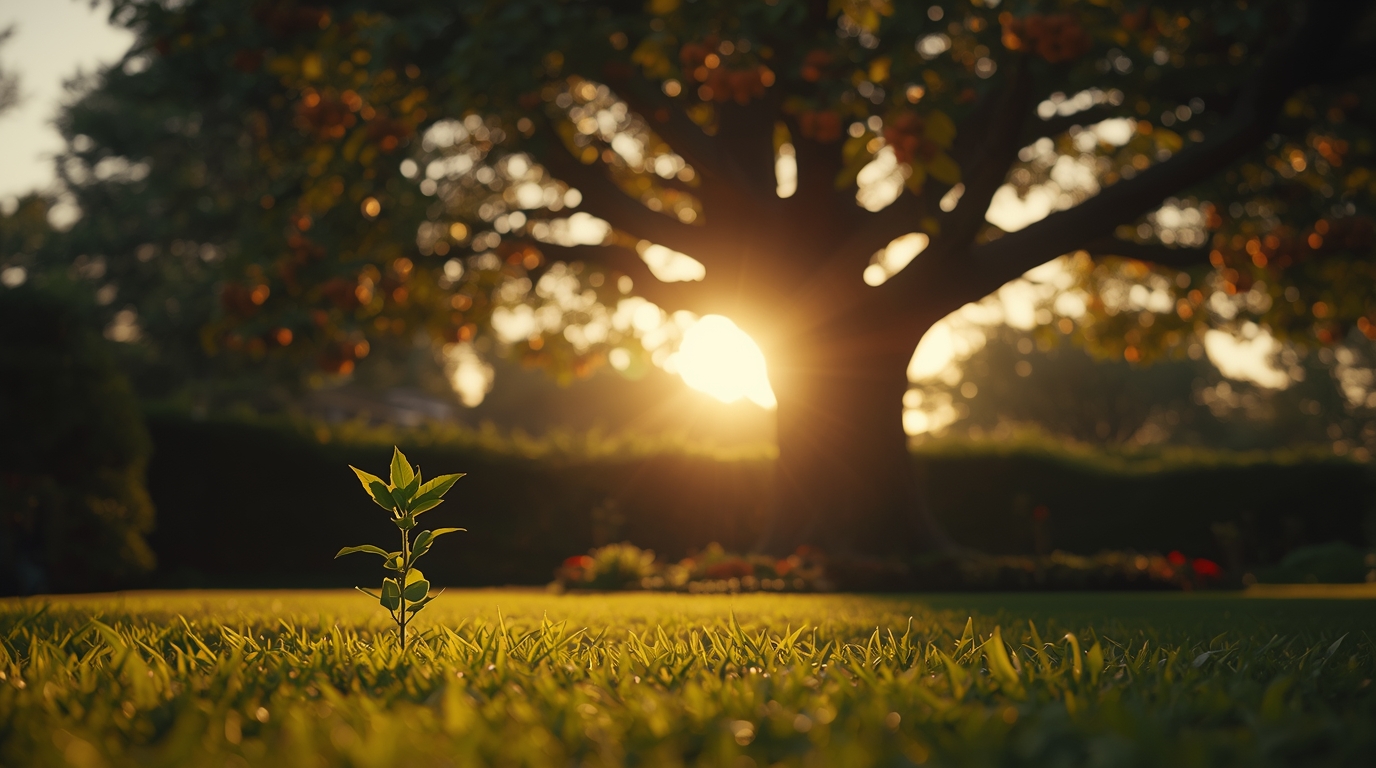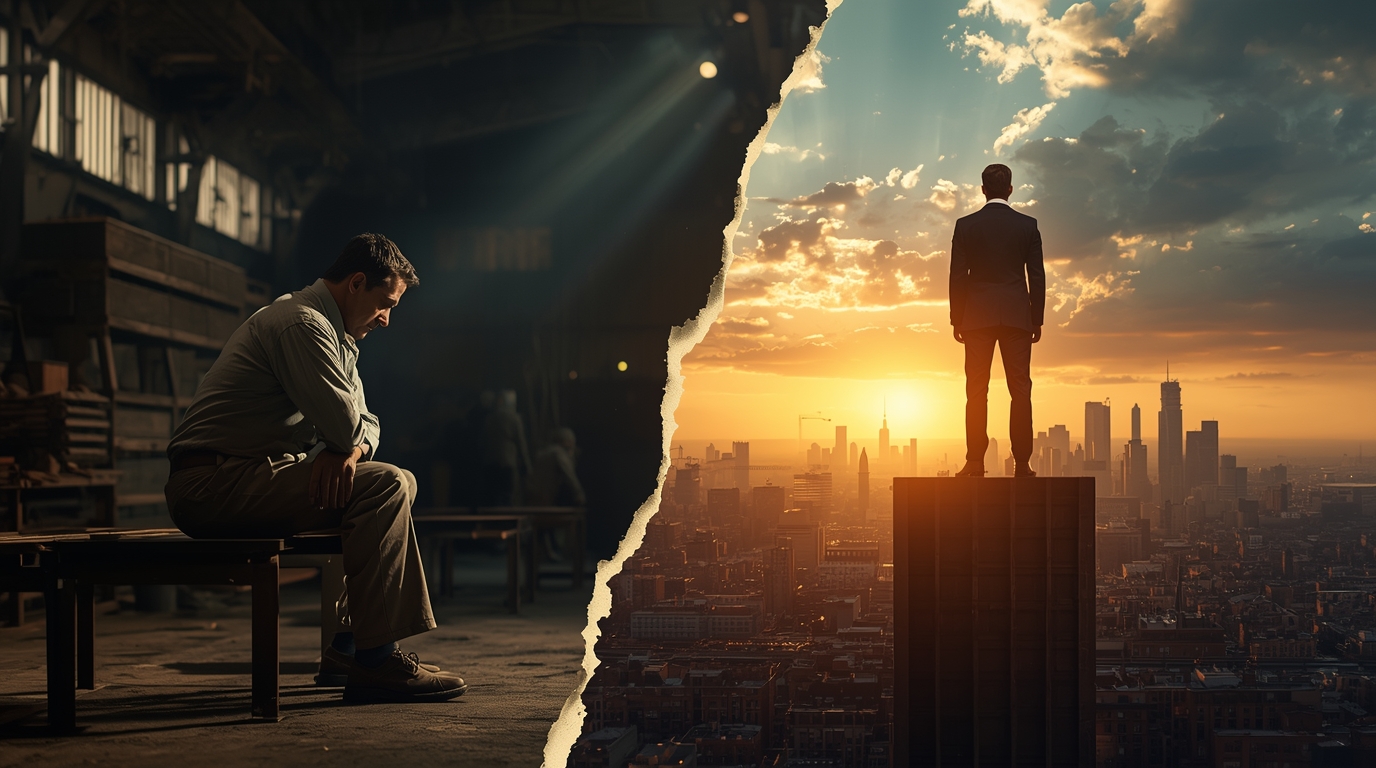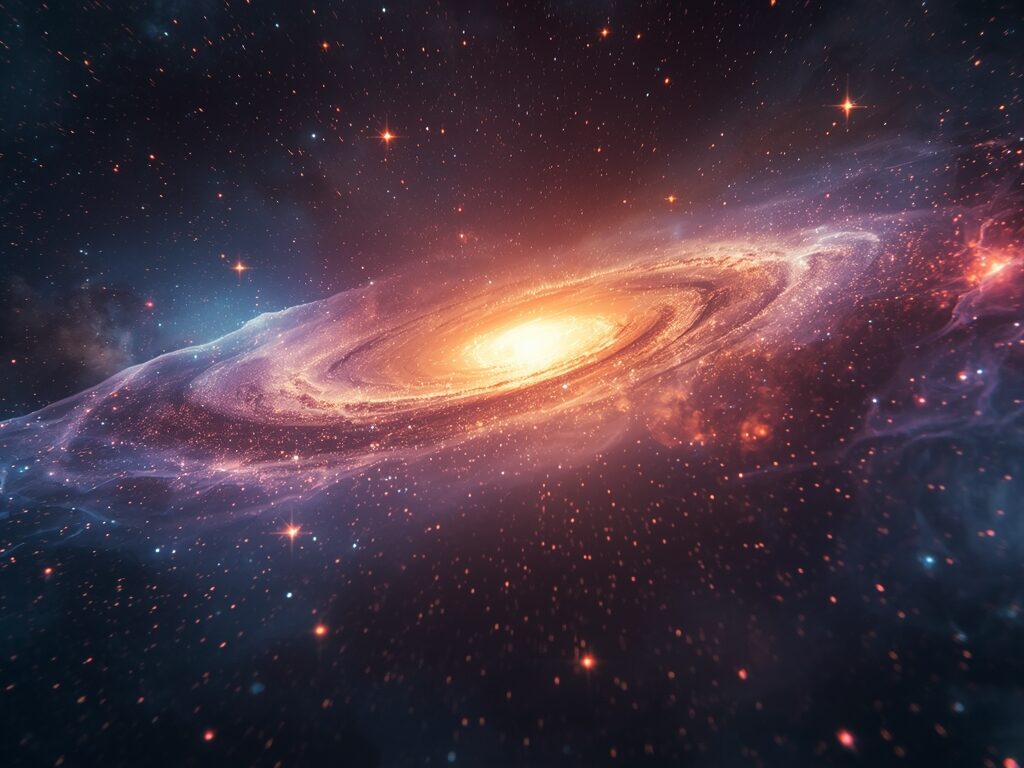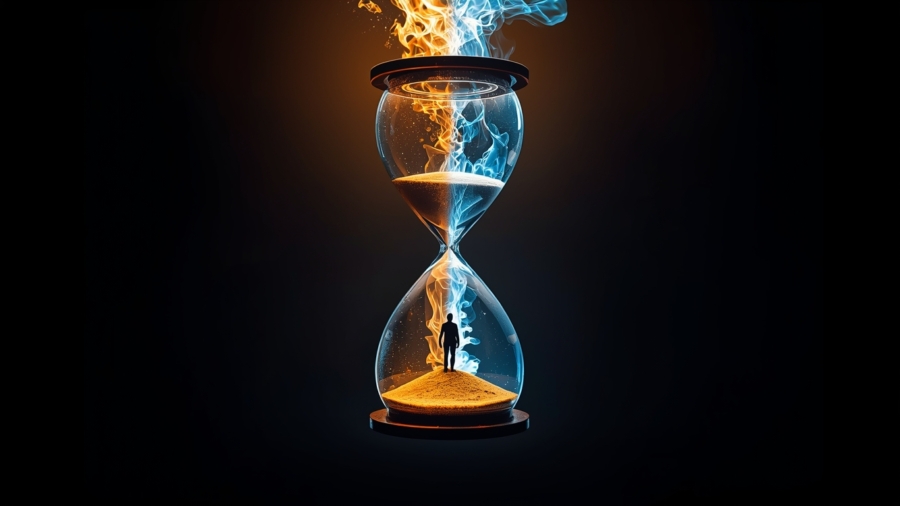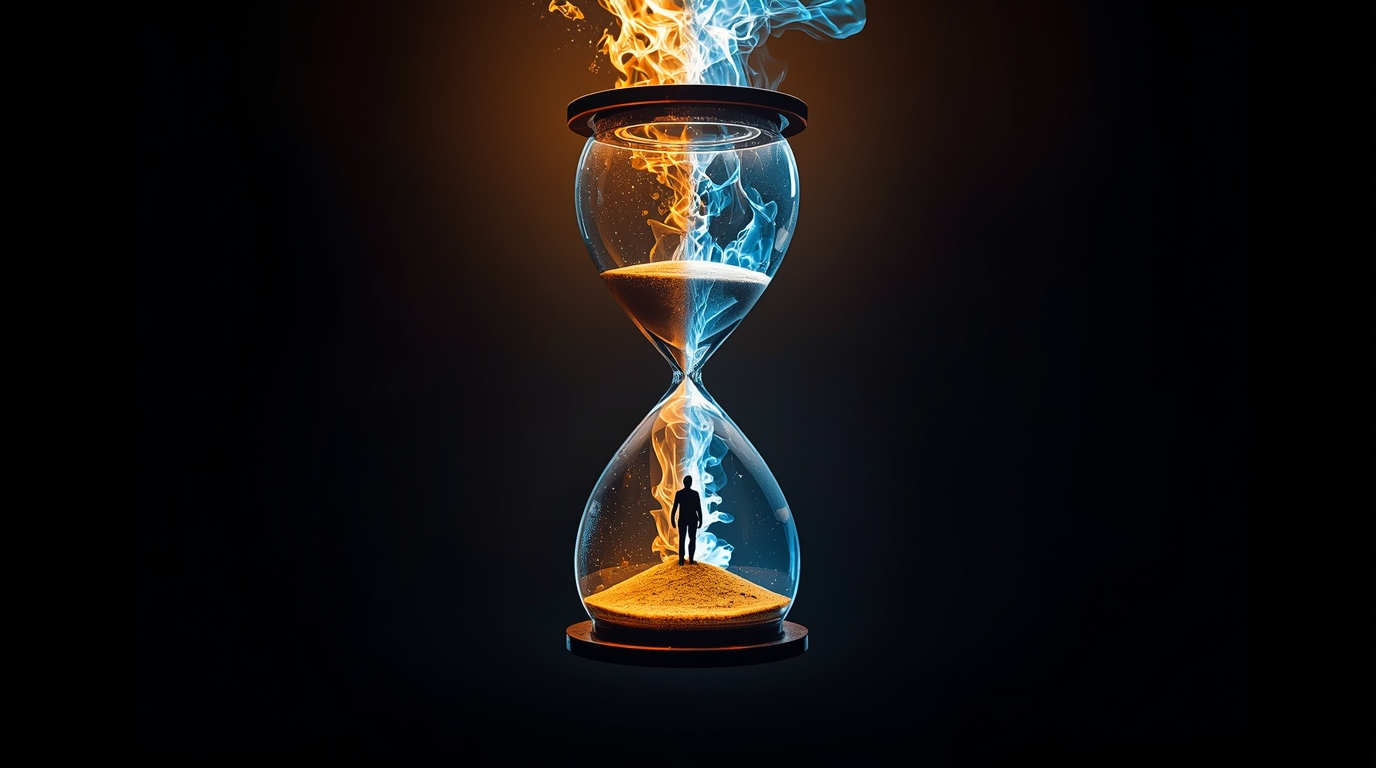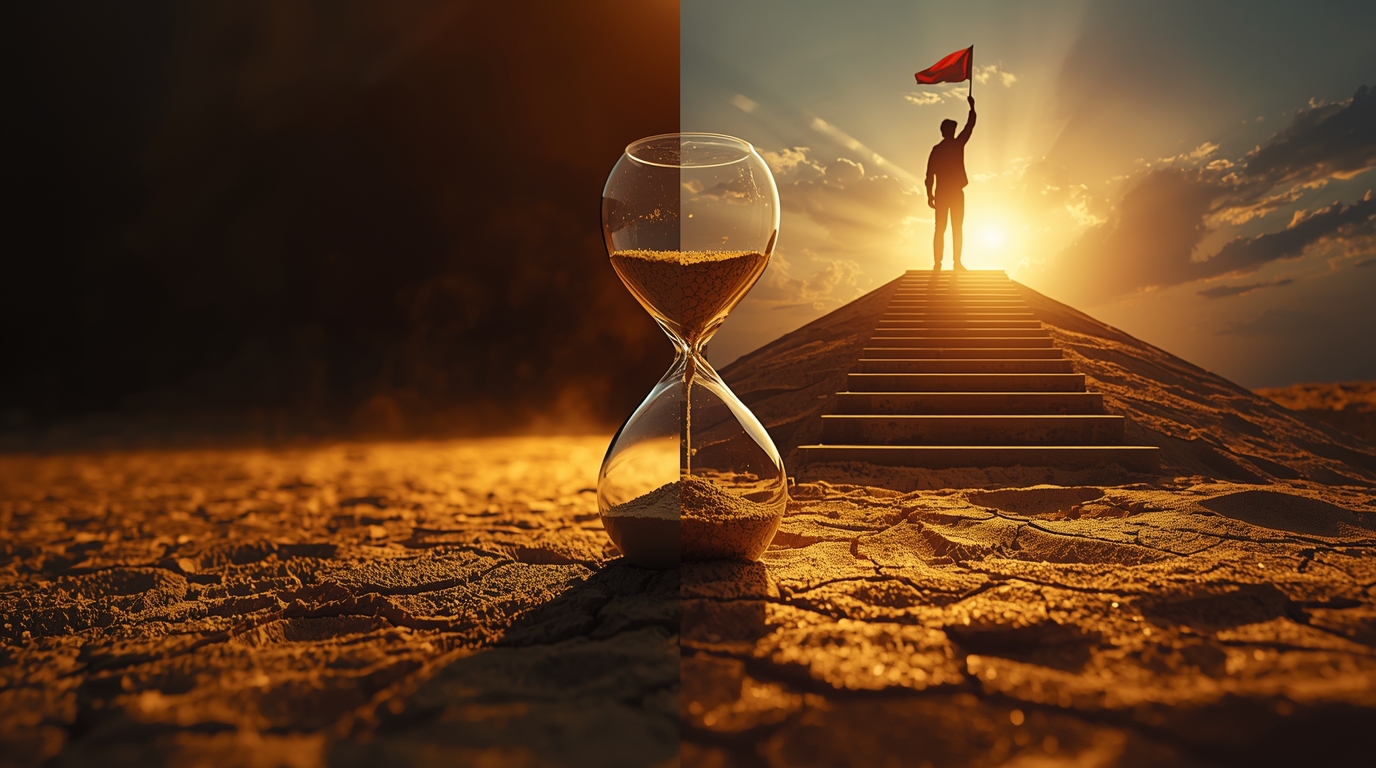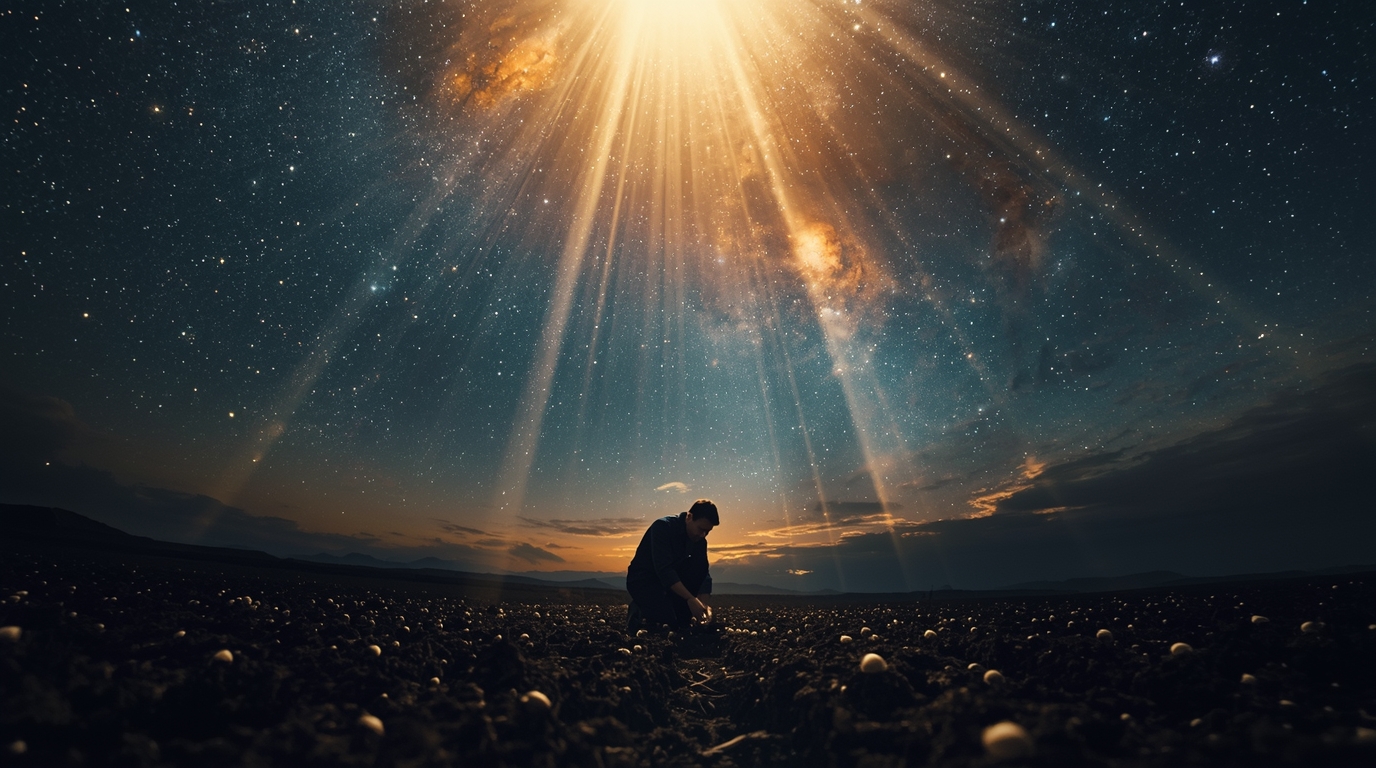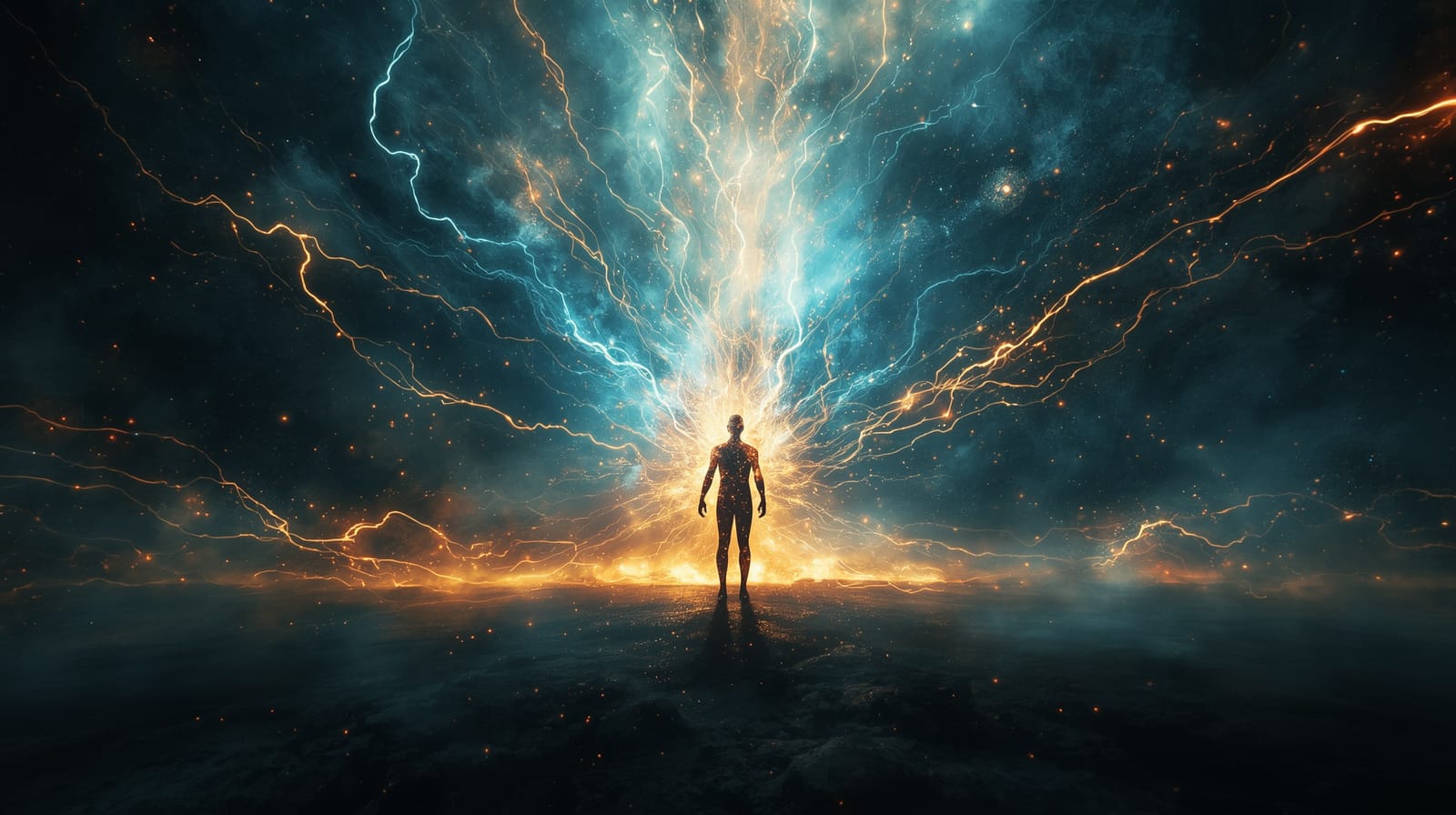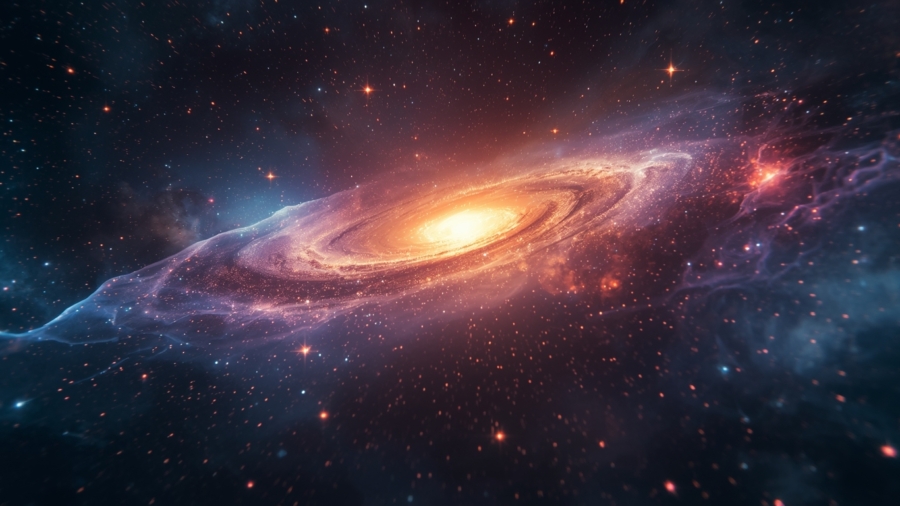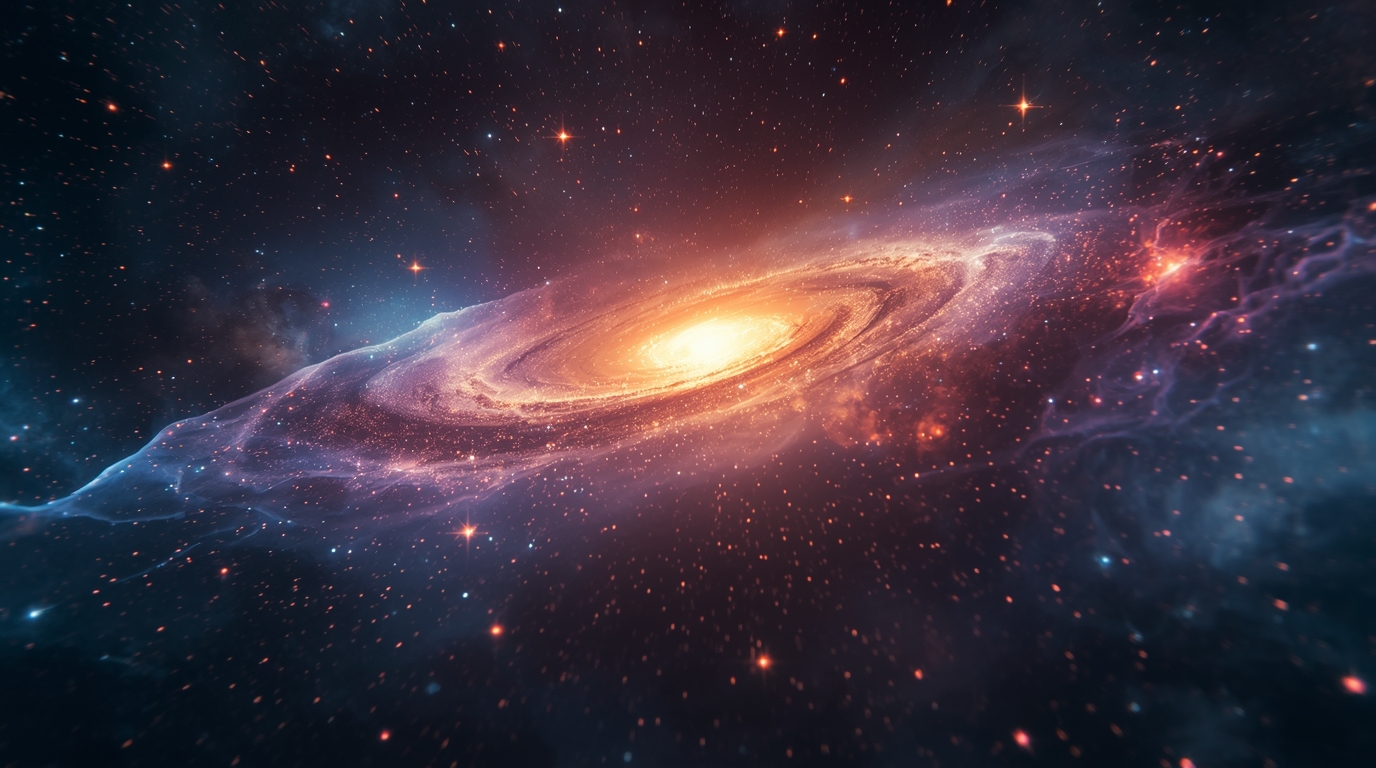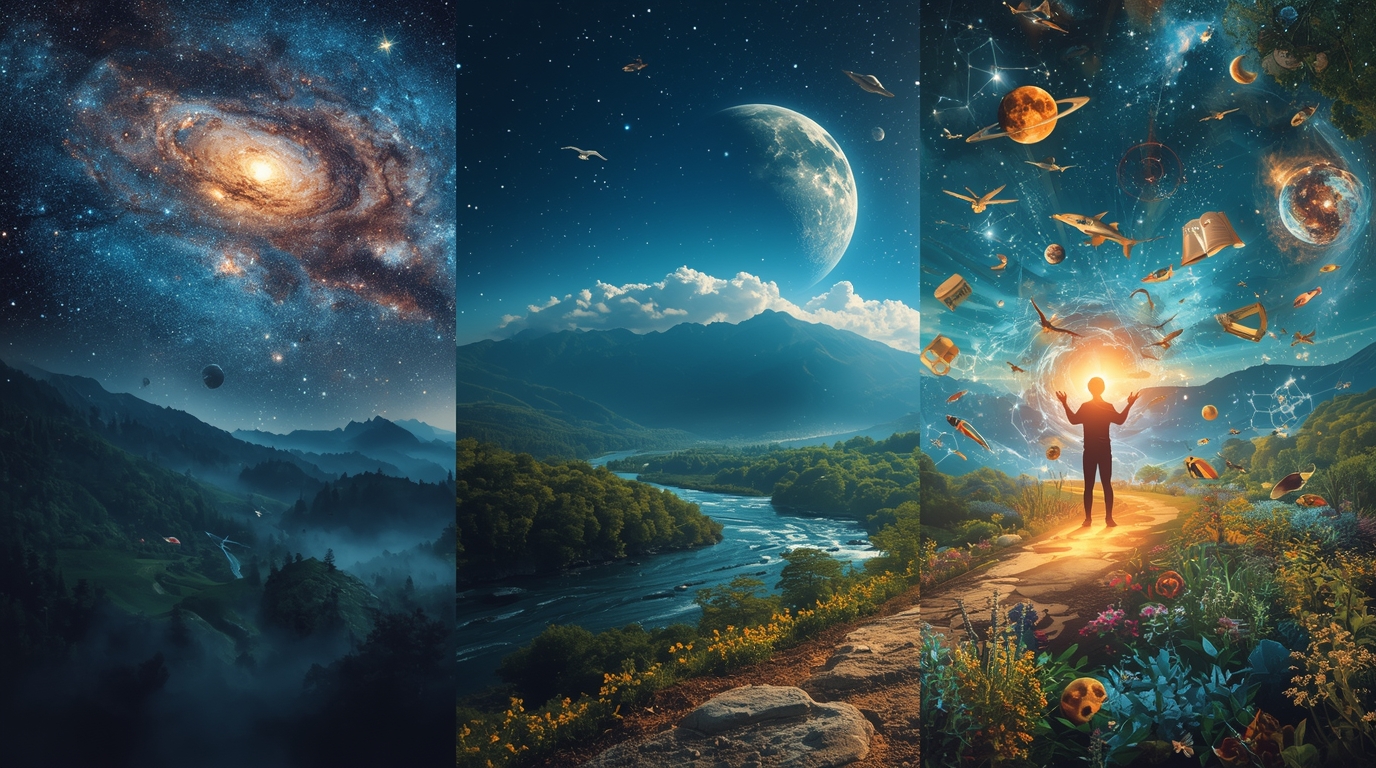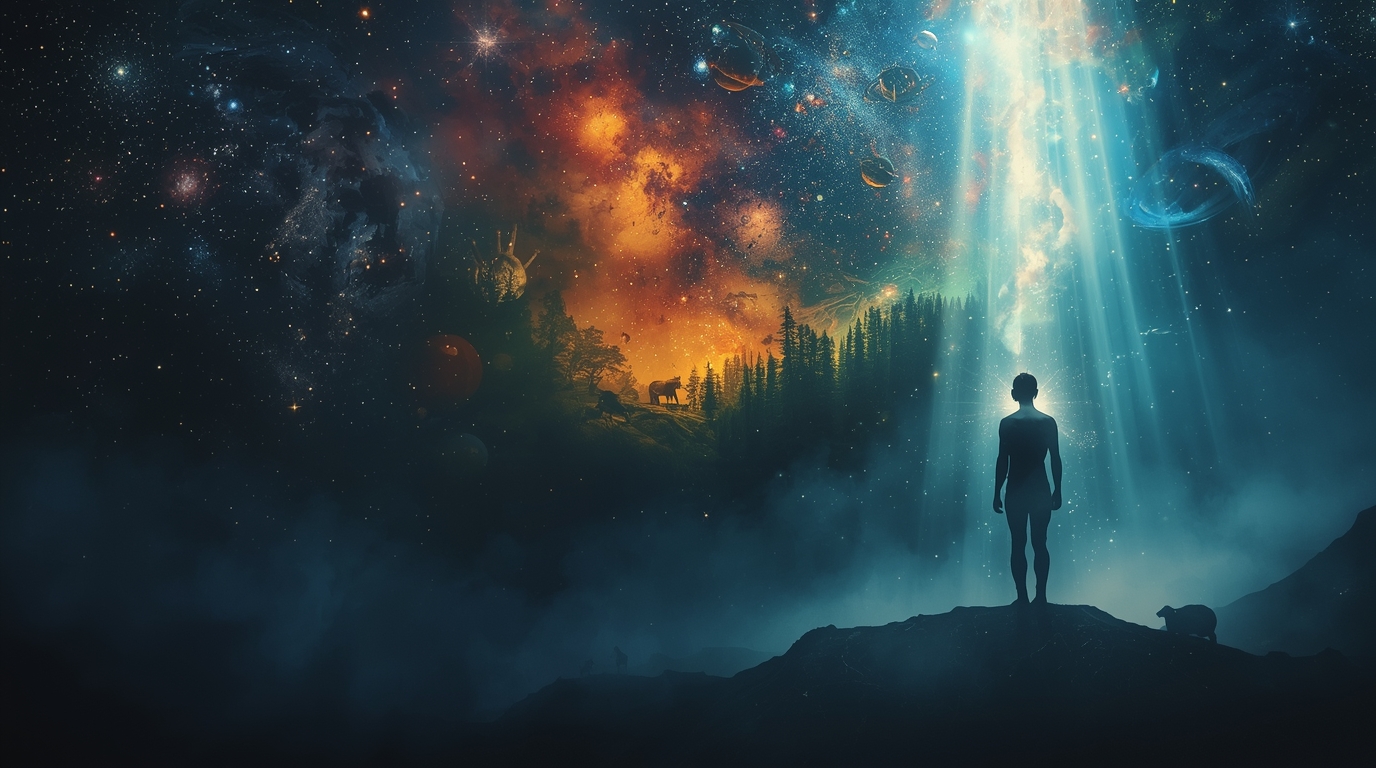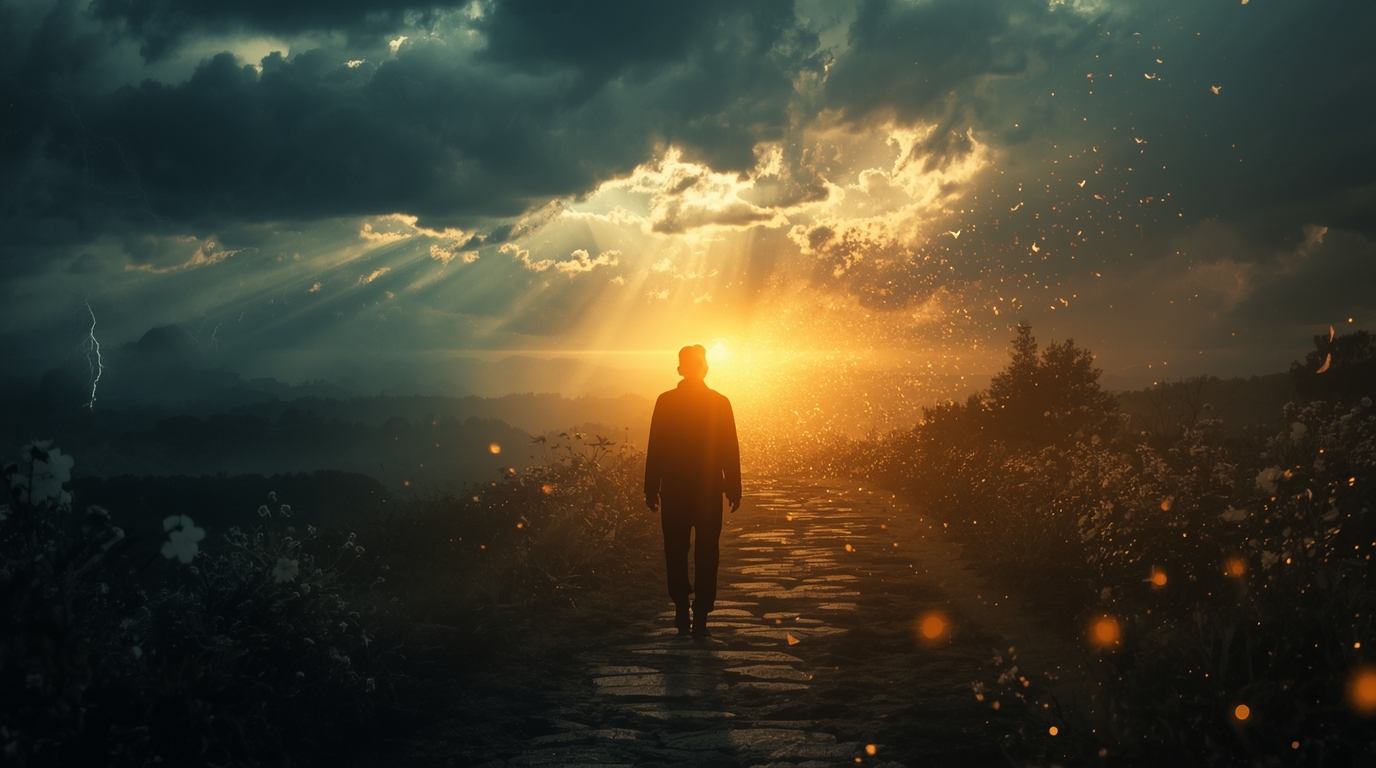Emotional Maturity in Marriage: The Soul Between Two

In today’s world, many relationships begin with passion but struggle to last. The real foundation is not attraction alone—it is emotional maturity in marriage. Without it, love can fade into misunderstanding. With it, two people can build a soulful bond that grows stronger through life’s seasons of joy, conflict, and change.
In the world we live in, relationships begin with attraction and often end in misunderstanding. A couple falls in love not just with each other’s presence but also with an imagined future, with emotional connection, and with unspoken expectations. But as life progresses, feelings evolve. What once felt effortless becomes effortful. This is not failure. This is the beginning of true love’s test.
This article is about more than romance. It is about emotional maturity, soulful partnership, and what it means to truly walk with another person—day after day, through seasons of joy, boredom, frustration, growth, and change.
The Language of the Soul.
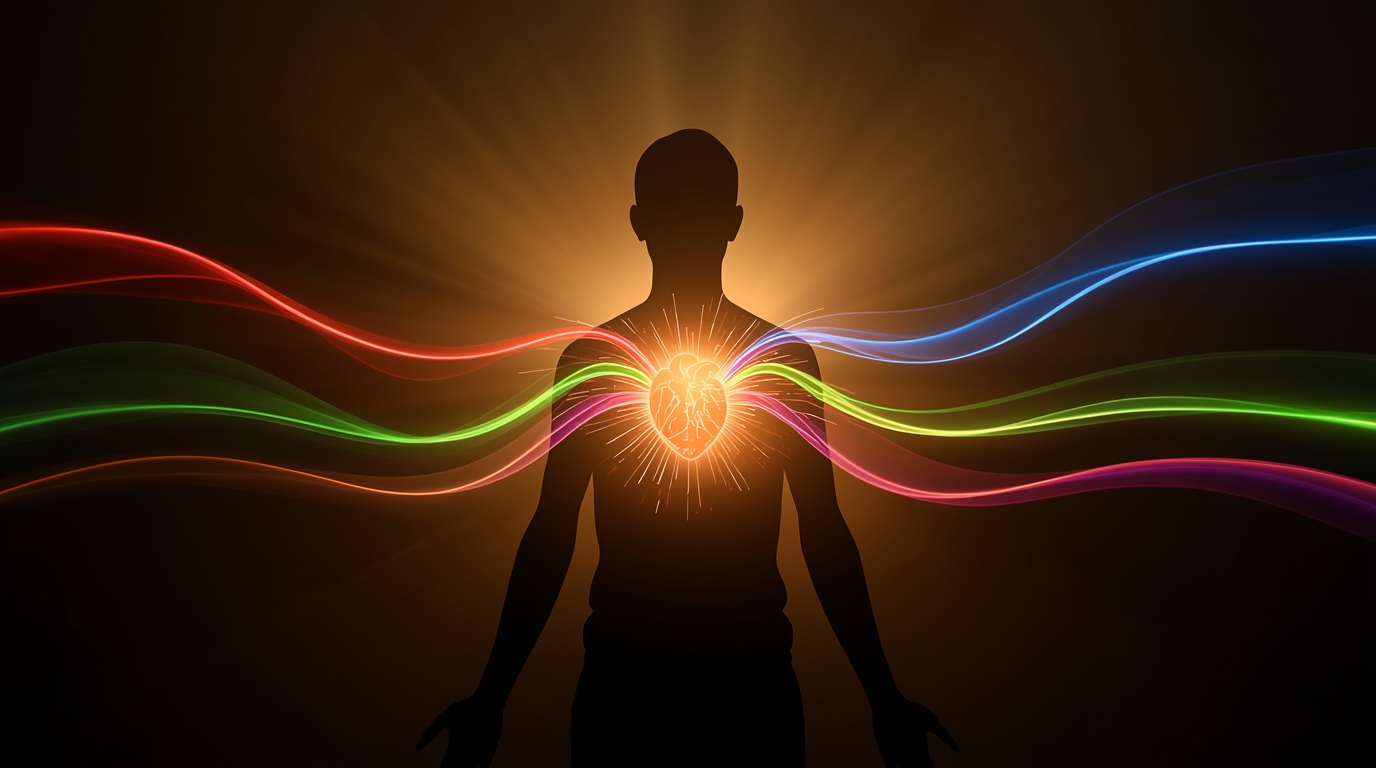
Feelings are not random. They are the body’s language for inner truths.
Love says: “I see you, I feel safe here.”
Anger says: “Something feels unfair or unseen.”
Sadness says: “I’m grieving a loss, even if it’s small.”
Resentment says: “My needs are unmet, and I’m afraid to voice them.”
Joy says: “This moment matters.”
Most couples don’t struggle because they feel too much—but because they don’t know how to express or listen to what feelings are trying to say.
In a marriage, it is not the words but the emotion beneath the words that must be heard. If one partner says, “You never listen to me,” the real meaning might be, “I feel invisible, and I’m scared I don’t matter.”
Emotional intelligence in a relationship is not about knowing how to avoid conflict; it’s about learning to be curious rather than reactive. It is learning to ask, “What is my partner really feeling right now?” and “What is my feeling trying to teach me?”
You Should Also Read This Life Changing Article
The Nature of Modern Love: From Romance to Realism.

Modern relationships are unique. Unlike the past, where marriages were defined by duty, today’s couples want connection, fulfillment, partnership, and mutual respect. That’s beautiful—but also challenging.
We want:
The passion of a lover,
The loyalty of a best friend,
The safety of a parent,
The thrill of adventure,
The support of a therapist— All in one person.
But no one person can be everything. When we expect that, we crush the relationship under the weight of perfection.
Modern emotional intimacy begins with emotional honesty:
I am human. So are you.
Some days I will fail you. Some days you will fail me.
But if we both commit to understanding over blame, truth over silence, and repair over ego, we can build a bond that doesn’t break under pressure.
The Cycles of Emotion in Long-Term Love.
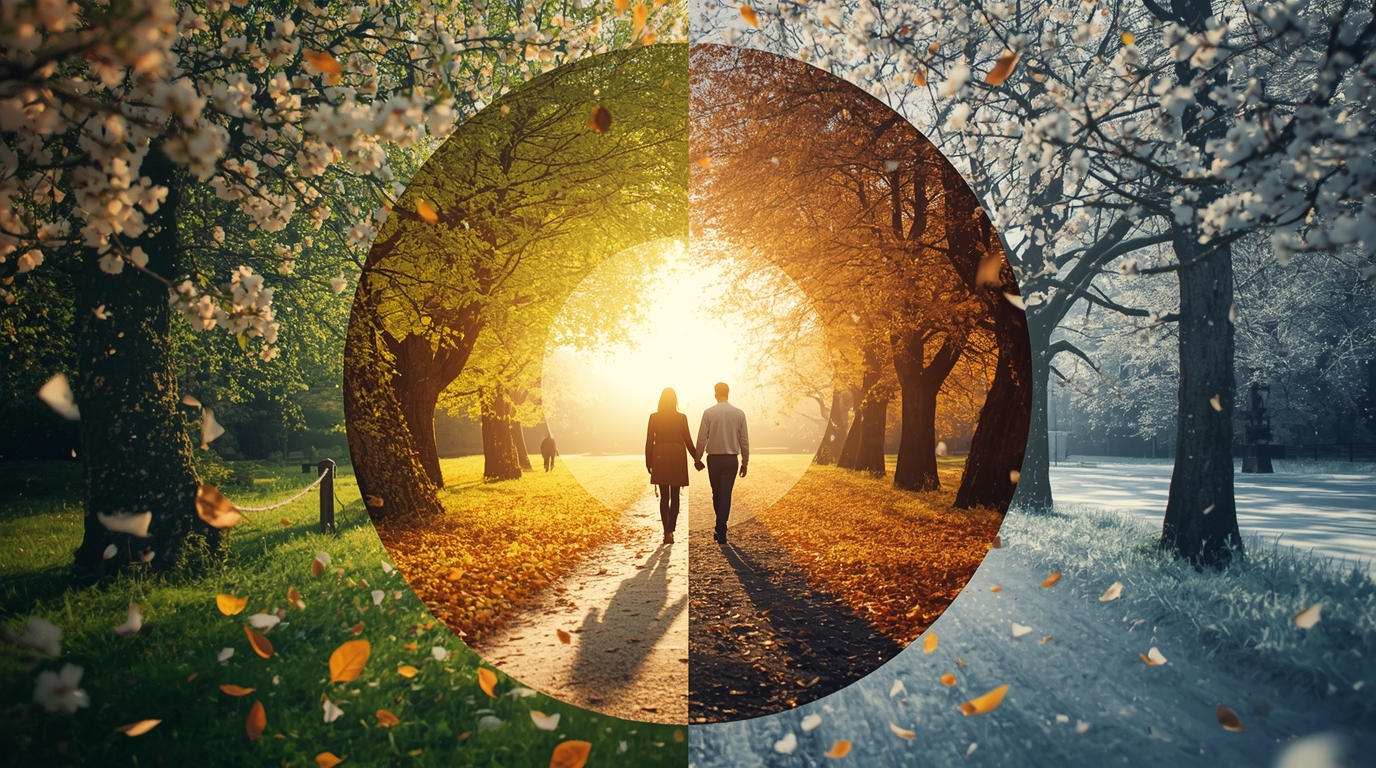
Every relationship moves through emotional seasons:
Spring (new love): Everything is fresh, exciting. We see the best in each other.
Summer (growth): Careers, families, ambitions stretch us. It’s easy to forget “us.”
Autumn (doubt): Differences emerge. Old wounds surface. We question our choice.
Winter (disconnection): Silence, coldness, sometimes resentment. This is the most dangerous season—and also the most powerful.
Because if a couple survives winter, they come into second-spring love—a deeper, realer, rawer connection. No longer based on illusion, but on truth.
The goal is not to avoid these seasons—but to recognize them and support each other through them.
Emotional Maturity: The Backbone of a Strong Relationship.

In the modern world, attraction is common. Compatibility is rare. But the rarest of all is emotional maturity.
Signs of emotional maturity in a relationship:
Taking responsibility for your emotions instead of blaming your partner.
Listening without needing to immediately defend.
Apologizing sincerely when you hurt each other.
Speaking with kindness, even when you’re angry.
Choosing to understand instead of win.
Marriage isn’t about being perfect partners. It’s about becoming better through the relationship.
The deepest truth? A marriage is not two people looking at each other—it is two people looking outward, in the same direction. Building a life. Growing a soul.
You Should Also Read:
Conflict: Not a Threat, but a Doorway.

Every conflict is an opportunity. Behind every fight is an unmet need, a fear, a buried pain.
The biggest mistake modern couples make is avoiding conflict or fighting to win. The goal is not to win, but to repair.
Try:
“When you said that, I felt hurt—not because of you, but because it reminded me of something from my past.”
“I’m scared to bring this up, but I want to be close to you again.”
“Can we talk without trying to fix each other—just understand each other?”
Vulnerability disarms anger. Empathy heals wounds.
Sacred Partnership: Beyond Ego and Into Soul.

A marriage that thrives in today’s world is not one without problems. It is one where both partners choose the relationship even when it’s hard.
To love someone for a lifetime is to love their evolution. The person you married at 30 will not be the same at 45. That’s not betrayal—it’s life. The question is: Can we keep meeting each other, again and again, as we both change?
The real marriage is not the wedding—it’s the quiet daily choice to stay connected, even when you’re tired, angry, or uncertain.
Conclusion: The Deepest Truth.
Here is the hardest truth: Love is not enough. It must be guided by understanding, protected by patience, and nourished by intention.
And here is the most beautiful truth: No one teaches us more about ourselves than the one we love.
The husband-wife relationship, when lived consciously, is not just a bond—it is a mirror, a teacher, a temple. It holds both joy and fire, comfort and challenge, heartbreak and healing. And in that sacred space between two souls, we discover what it means to truly be human—and to love anyway.
You Should Also Read My Book
You May Also Like...
Understanding Free Will, Accountability, and Karma.
Understanding Free Will, Accountability And Karma. Free will, the capacity to make choices independently of any preordained force or fate, is a central concept in…
The Trap of Comfort: You May Be Its Victim.
The Trap Of Comfort, You May Be Its Victim. Are you in a trap of comfort? In the heart of every individual, there lies a…
The Real Wealth of Life: Time and Energy.
The Real Wealth of Life: Time and Energy. Every day we are given only a certain amount of time and a certain amount of energy…





